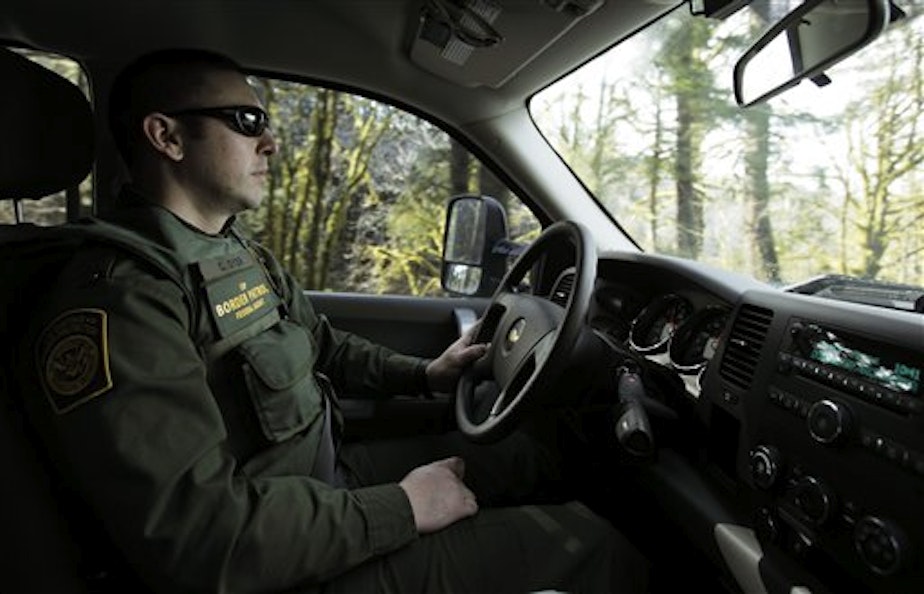Border Patrol To Share Records About Olympic Peninsula Traffic Stops

Civil rights attorneys in Seattle will get reports of all US Border Patrol traffic stops on the Olympic Peninsula for the next 18 months.
That’s one of the settlement terms announced Tuesday in a lawsuit that alleged agents racially profiled people they pulled over.
The three plaintiffs in this case were stopped while driving near Forks and Port Angeles. They say border patrol agents had no legitimate reason to stop and question them about their immigration status. Two of the men are Latino; the other is African-American.
Sarah Dunne is legal director of the ACLU of Washington. She says the lawsuit aimed to make sure border agents follow the Constitution and only stop people if they have “reasonable suspicion” of illegal activity.
“For people living in the Olympic Peninsula, what this settlement means is that border patrol has made that commitment — that they are only going to do lawful stops. And people already feel a sense of fear and anxiety has lifted in the community, so that’s a tremendous thing.”
The Border Patrol denies any wrongdoing with regard to this lawsuit.
A statement from the US Department of Justice also denies Border Patrol has a practice of unlawfully stopping vehicles on the Olympic Peninsula.
Still, the settlement requires some extra training for border agents at the Port Angeles station. That will include a review of constitutional protections for people who are pulled over.
Dunne and other plaintiffs’ attorneys will also keep closer tabs on these traffic stops. Under the settlement, Border Patrol will send the attorneys reports of all their stops for the next year and a half.
Dunne says that since the filing of the lawsuit last year, residents of the Olympic Peninsula have already seen a halt to these random traffic stops.
“Prior to the lawsuit being filed, there was an immense fear and an anxiety in the community that they could be stopped and questioned without reason at any time when they’re driving in their vehicles,” she said. “The practice has changed, which is good. And I think once again they’re not just randomly stopping people.”

